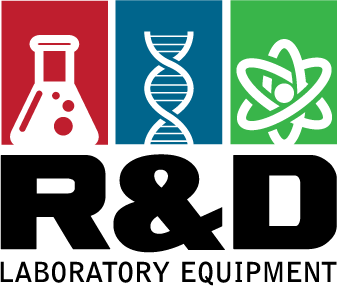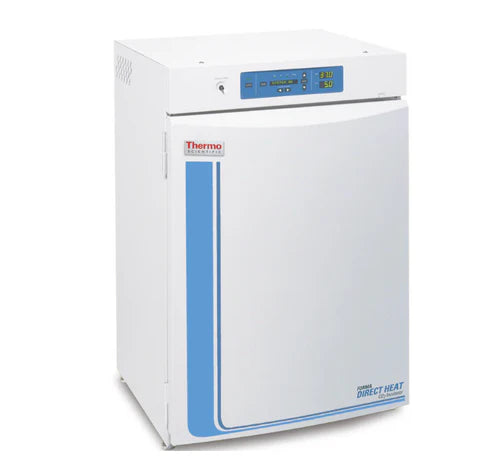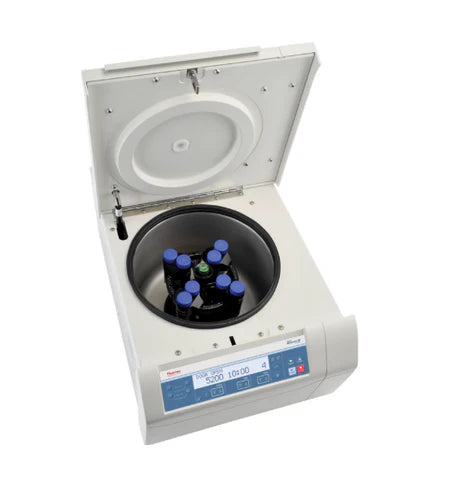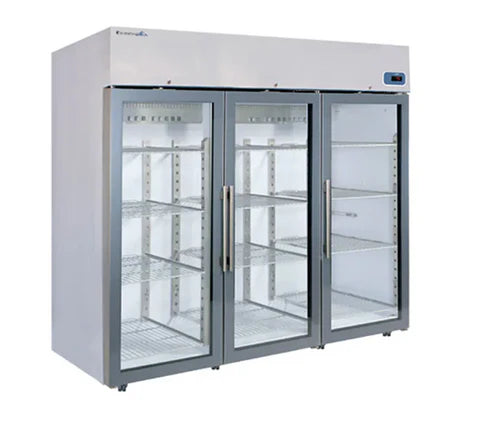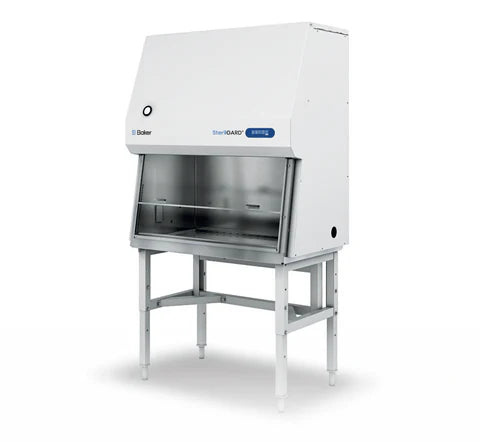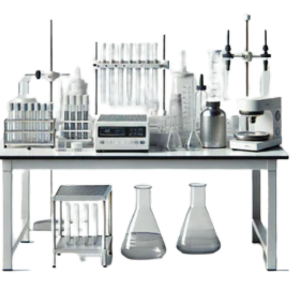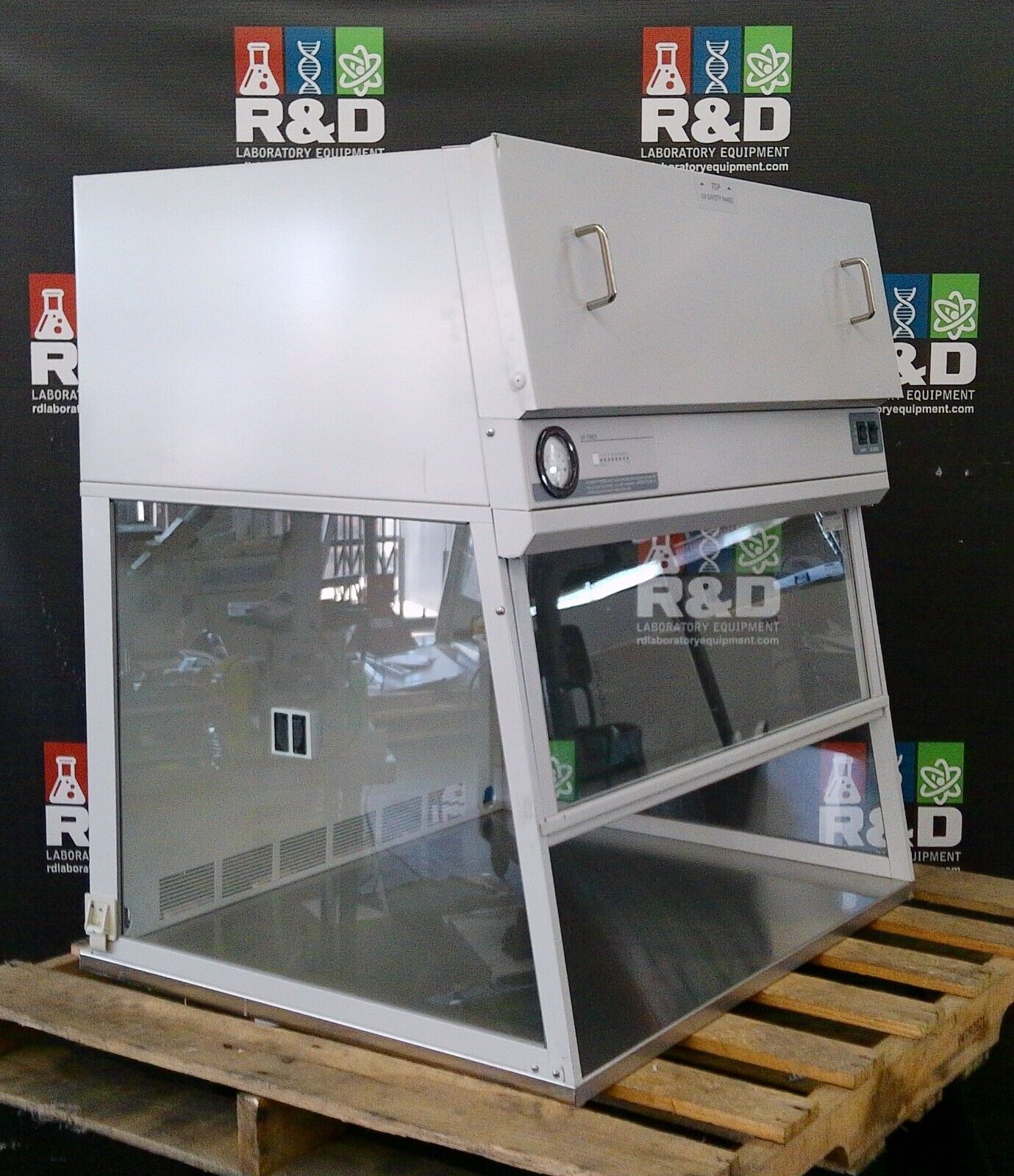1. Initial Assessment
Our team conducts an initial assessment of the lab equipment to determine the scope of work and identify potential issues. We review the equipment’s documentation, including manuals and maintenance records.
2. Pre-Certification Preparation
We prepare the equipment for certification by ensuring it is cleaned, decontaminated, and calibrated as needed. Our technician also ensures that all the equipment’s components are functioning correctly.
3. Certification Testing
We conduct certification testing using standardized protocols and calibrated instruments. We ensure the equipment meets the manufacturer’s specifications and relevant industry standards.
4. Data Reporting
We analyze the test data and make a detailed report that includes maintenance, repair, or replacement recommendations.
5. Certification and Labeling
If the equipment passes the certification test, we issue a certificate of calibration and certification. We also label the equipment with its certification status and date.
6. Ongoing Maintenance and Support
At R&D Laboratory Equipment, we offer ongoing maintenance and support to ensure your equipment continues to operate within specified parameters. Our technicians can also provide routine maintenance, repairs, and calibrations.
